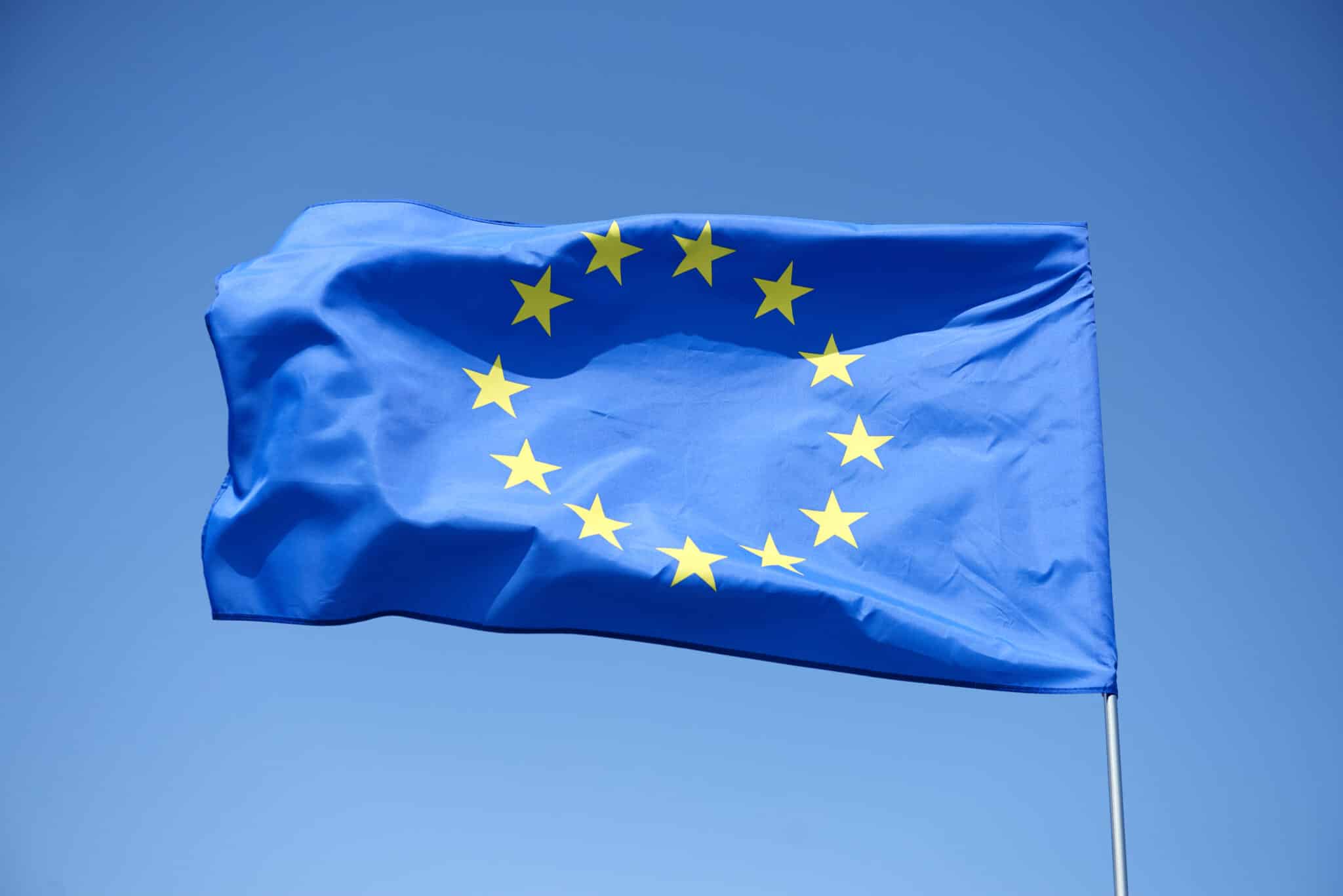





Important Projects of Common European Interest (IPCEI) are cross-border initiatives aimed at promoting innovation and strengthening the European Union’s competitiveness in strategic sectors. These large-scale projects are funded by the Member States and the participating companies. The approved state aids, along with the planned private investments for the ten IPCEIs integrated so far, amount to more than €100 billion, a level of investment comparable to that of Horizon Europe programs.
An IPCEI program is coordinated by several Member States that join forces to fund projects led by public or private entities on a targeted theme. Each Member State directly funds the actors within its own territory. The European Commission encourages the selection of participants through calls for expressions of interest.
The IPCEI ME/CT program brings together a large European microelectronics ecosystem. It involves 14 Member States, nearly 100 public or private entities, and will fund around 70 projects with a budget of €21.8 billion. To date, it is the largest ongoing IPCEI.
IPCEI projects are notified to the European Commission, which assesses them based on their potential impact and compliance with EU rules. During the notification process, a project must demonstrate its strategic importance according to specific criteria:
IPCEI projects can support two types of initiatives:
The first IPCEI was approved in 2018, and since then, ten more projects have been validated, covering areas such as microelectronics, batteries, hydrogen, cloud computing, and healthcare. The only infrastructure project is the Fehmarn Belt rail-road fixed link between Denmark and Germany.
The IPCEI framework has been steadily growing since its inception, with the exception of 2020. The number of participating companies increases each year, as does the number of approved IPCEI projects, with four approved as of 2024. France is highly active, participating in all approved IPCEIs except for the Fehmarn Belt project. SMEs are becoming increasingly involved, representing an average of 20% of the beneficiaries (64% for the MED4CARE project).
To anticipate and structure IPCEI projects, the European Commission has been organizing meetings since 2023 between Member State representatives within the Joint European Forum for IPCEI (JEF-IPCEI). These meetings aim to align new IPCEIs with the policy objectives of the EU’s industrial strategy and improve the design and evaluation process.
During the last forum, discussions focused on green, digital, nuclear technologies, as well as biotechnology and advanced materials.
IPCEIs play a crucial role in achieving the strategic objectives of the European Union by fostering innovation, competitiveness, and cross-border cooperation. They provide companies with strategic funding opportunities, requiring active monitoring and specialized support in innovation financing.
The IPCEI ME/CT is a European initiative created to strengthen the EU’s technological sovereignty in the microelectronics and communication technologies sectors. This program brings together key industrial players, academic research, and public authorities around a common goal: to accelerate the development of cutting-edge technologies while addressing current challenges related to sustainability, supply chain resilience, and innovation.
